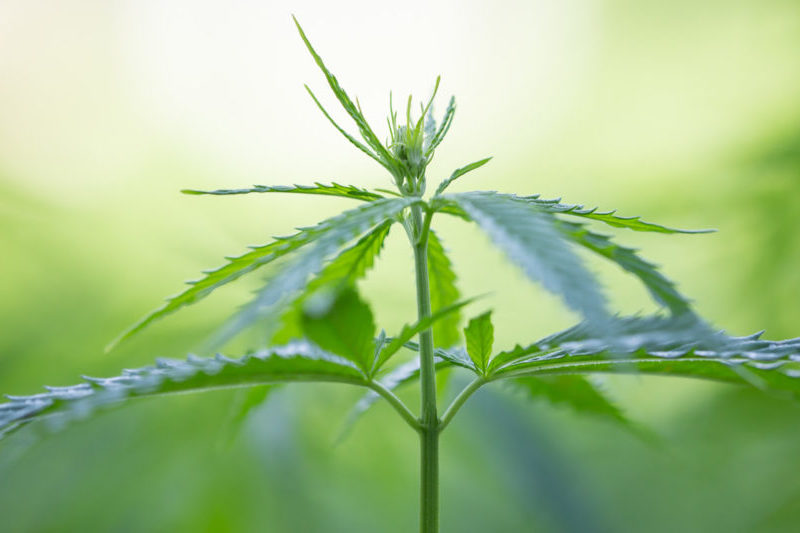
Hemp Industries Association Supports Legality Of Delta-8 THC
The Hemp Industries Association (HIA) has voiced its support for the legal position that Delta-8 THC, along with all other hemp-derived cannabinoids, were federally legalized by the 2018 Farm Bill, citing a legal opinion written by Rod Kight and Philip Snow of Kight Law.
The HIA, the only national hemp nonprofit with a track record of taking on the DEA in court to defend the hemp industry and winning, summarized their position this way:
- It is clear that the 2018 Farm Bill, which removed hemp from the Controlled Substances Registry, directed that hemp be regulated as an agricultural product, and defined hemp to include its cannabinoids, is the governing law for the hemp industry.
- History has shown that natural cannabinoid consumption does not present public health and safety risks like those from alcohol and tobacco, but researchers have only begun to explore the full range of potential hemp-extracted compounds and their various properties. What is needed is a regulatory framework for their production that prioritizes consumer safety while being grounded in science.
- Prohibition is a failed concept. It only exacerbates the threat to consumers created by unregulated markets, and is antithetical to the spirit of free enterprise. The HIA calls on state lawmakers to eschew ineffective bans in favor of partnering with hemp industry experts to craft hemp policy that safely opens markets, fosters innovation, spurs investment, and creates valuable jobs.
- The HIA calls on industry leaders to build consumer confidence and expand the market for hemp cannabinoids by adopting the highest quality and potency testing standards for Delta-8 THC and similar minor cannabinoids, by marketing those products responsibly through use of transparent and detailed labeling, including potency data and warnings against consumption by minors.
“Businesses, farmers, and consumers all deserve regulations that support the exploration of the hemp plant’s full potential, and that’s about more than just one minor cannabinoid. We need a science-based approach to regulating hemp cannabinoids; the 100-plus already identified and those yet to be discovered,” said Jody McGinness, HIA’s executive director.
The HIA’s Cannabinoids Council, a newly formed member body focused on national priorities distinct to the cannabinoids sector of the hemp industry, has identified safe market expansion as a core focus for its early efforts.
“Fortunately, the industry has all the expertise legislators could need,” said McGinness, “Our HIA member companies, those manufacturing leaders and scientists, are engaged and ready to help create productive policy solutions.”
The stance on Delta-8 THC and other hemp-derived cannabinoids is in line with the HIA’s history of vigorously defending the legality of all hemp products, and supporting the growth of industries utilizing all parts of the hemp plant. The group, a trade association composed primarily of businesses and farms in the hemp industry, is currently engaged in two lawsuits in response to the DEA’s Interim Final Rule on the 2018 Farm Bill that was issued in August of 2020, creating a threat to extractors and manufacturers of hemp cannabinoids. This is the fourth time the association has gone to court to protect hemp since forming in 1994.
Disclaimer: Any and all products and standards referenced here are related to 100% federally-legal industrial hemp (cannabis with a Delta-9 THC content of 0.03% or less on a dry weight basis, as defined by the Agriculture Improvement Act of 2018) and hemp products.



